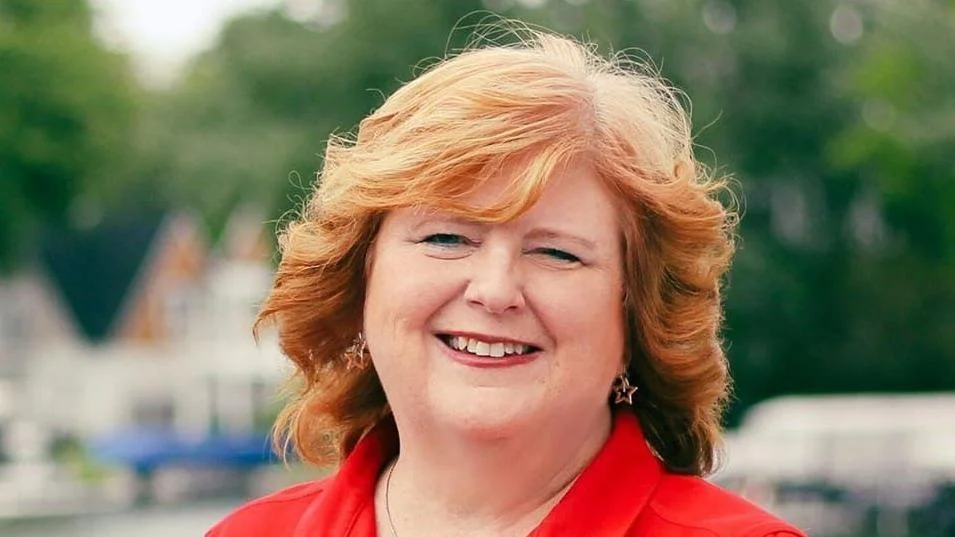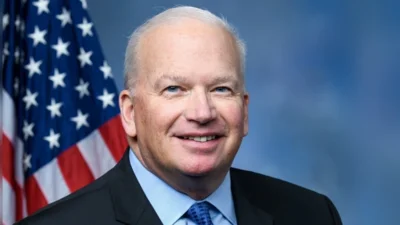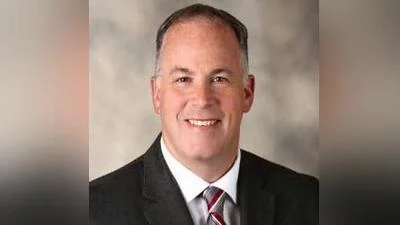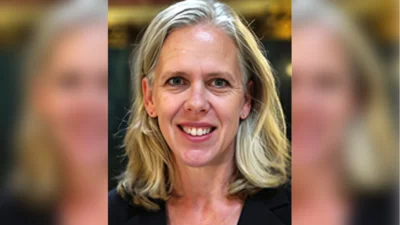Barbara Dittrich, Wisconsin State Representative for 99th District | https://www.facebook.com
Barbara Dittrich, Wisconsin State Representative for 99th District | https://www.facebook.com
According to the Wisconsin State Legislature's official website, the bill was described as follows: "allowing representatives of certain federally chartered youth membership organizations to provide information to pupils on public school property".
The following is our breakdown, based on the actual bill text, and may include interpretation to clarify its provisions.
In essence, this bill mandates that starting in the 2026-27 school year, public schools in Wisconsin, including charter schools, must allow representatives from certain federally chartered youth membership organizations to present information to students during the school day. These organizations, which have an educational mission and promote civic involvement, can request to provide either oral or written information to encourage student membership. School principals are required to allocate at least one noninstructional time early in the school term for these presentations. Examples of such organizations are the Boy Scouts of America and Girl Scouts of the United States of America.
The bill was co-authored by Senator Rachael Cabral-Guevara (Republican-19th District), Representative Rick Gundrum (Republican-58th District), Representative Daniel Knodl (Republican-24th District), Representative Rob Kreibich (Republican-28th District), Representative Dave Maxey (Republican-83rd District). It was co-sponsored by Senator Steve L. Nass (Republican-11th District), Senator Cory Tomczyk (Republican-29th District), and Senator Van H. Wanggaard (Republican-21st District), along two other co-sponsors.
Barbara Dittrich has co-authored or authored another nine bills since the beginning of the 2025 session, with none of them being enacted.
Dittrich, a Republican, was elected to the Wisconsin State Assembly in 2025 to represent the state's 99th Assembly district, replacing previous state representative Cindi Duchow.
In Wisconsin, the legislative process starts when a senator, constituent, group, or agency proposes an idea for a bill. After drafting, the bill is introduced, numbered, and referred to a committee for review and public input. If approved, it moves through three readings and votes in both the Senate and Assembly. Once both chambers pass the same version, the bill goes to the governor, who can sign it, veto it, or let it become law without a signature. Only a small share of bills introduced each session ultimately become law. You can learn more about the Wisconsin legislative process here.
| Bill Number | Date Introduced | Short Description |
|---|---|---|
| AB9 | 02/06/2025 | Allowing representatives of certain federally chartered youth membership organizations to provide information to pupils on public school property |
| AB5 | 02/03/2025 | Requiring school boards to make textbooks, curricula, and instructional materials available for inspection by school district residents |






 Alerts Sign-up
Alerts Sign-up